Researchers at Trinity College Dublin in Ireland have identified a small molecule capable of preventing bacterial biofilms from growing on medical implants. These medical devices are vulnerable to colonization by pathogenic bacteria, including the dangerous methicillin-resistant Staphylococcus aureus (MRSA).
While bacterial cells on their own can cause infections in individuals, these pathogens are even stronger when they colonize a surface in large numbers. Bacterial species can excrete a sticky extracellular matrix which allows them to adhere to a surface and be protected from external factors.
Bacterial biofilms can form in wounds, on the surface of the skin and even within plaques in the teeth. However, when these biofilms form on implantable medical devices – such as pacemakers, catheters and artificial hips – they can lead to dangerous internal infections which require additional surgery and aggressive treatment.
In the current study, the researchers focused on identifying ways to disrupt the bonds that form between proteins that make up the biofilm. Specifically, they identified a protein known as SdrC, which is found on the surface on certain bacterial cells.
SdrC has been found to fulfill two roles: the protein helps bacterial cells adhere to surfaces, as well as adhere to surrounding bacterial cells. When the researchers introduced a small molecule derived from the presynaptic protein, β-neurexin, into cell culture, they found that the compound could block the act of the SdrC protein.
The small molecule was able to both block the protein’s interaction with other cells, as well as with surfaces. This mode of action effectively prevented the bacteria from forming a biofilm.
“This exciting breakthrough will inform the design of new, targeted approaches to prevent biofilm formation by staphylococci and reduce the incidence of medical device-related infection,” said Dr. Joan A. Geoghegan of Trinity College Dublin. According to the researchers, this compound could be applied to implantable medical devices in the future to prevent biofilm formation before it starts.

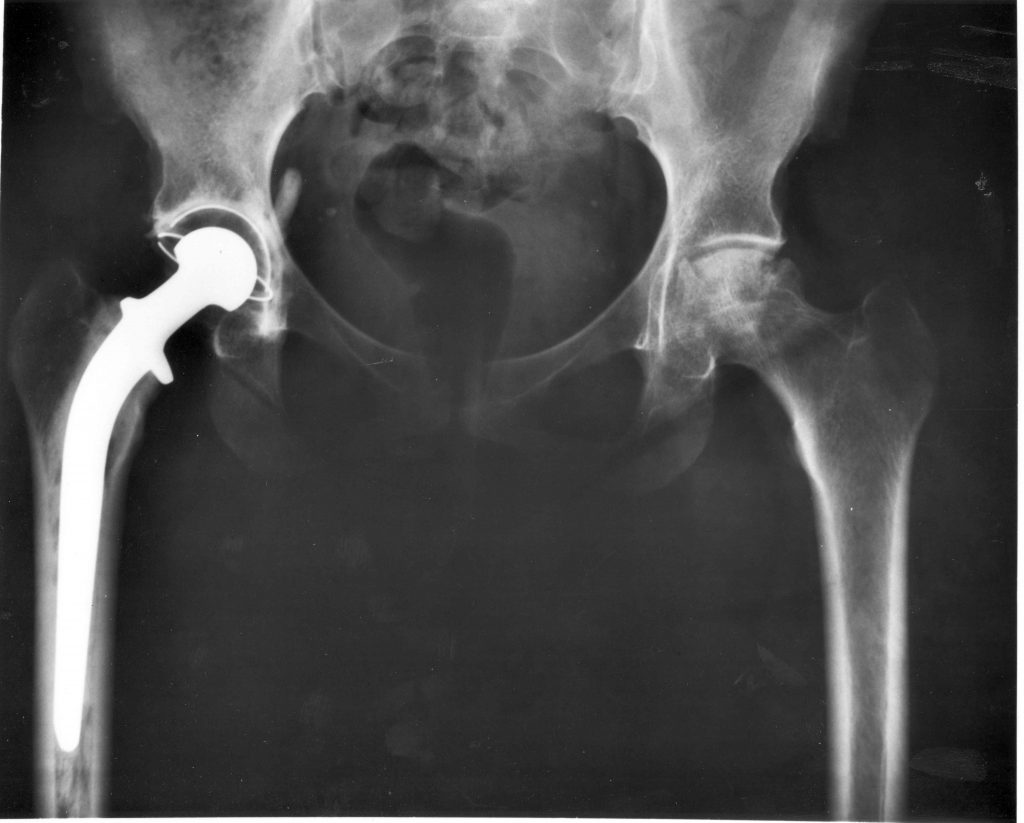
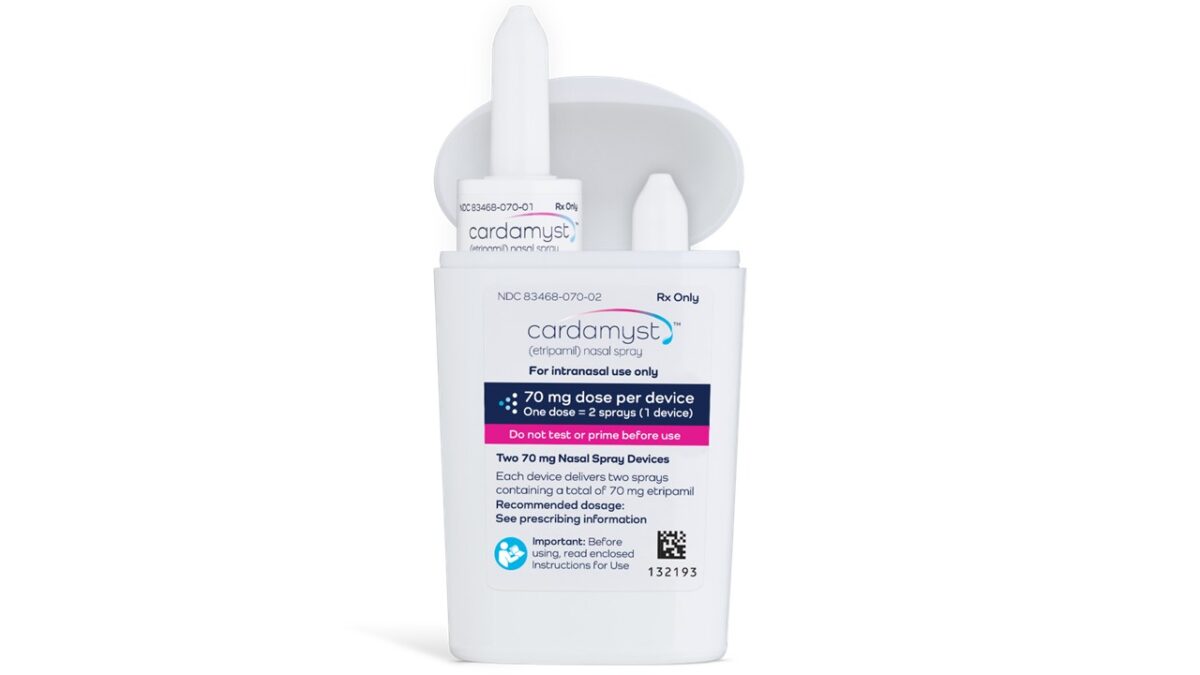
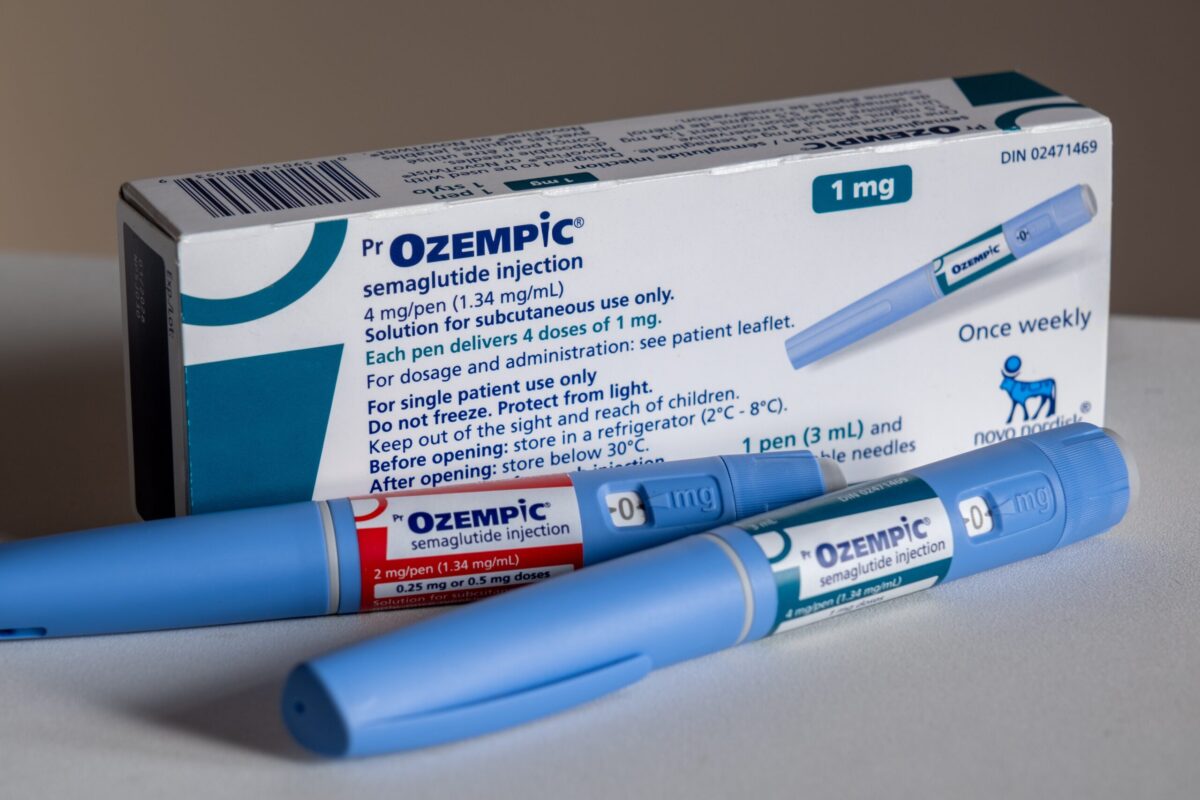
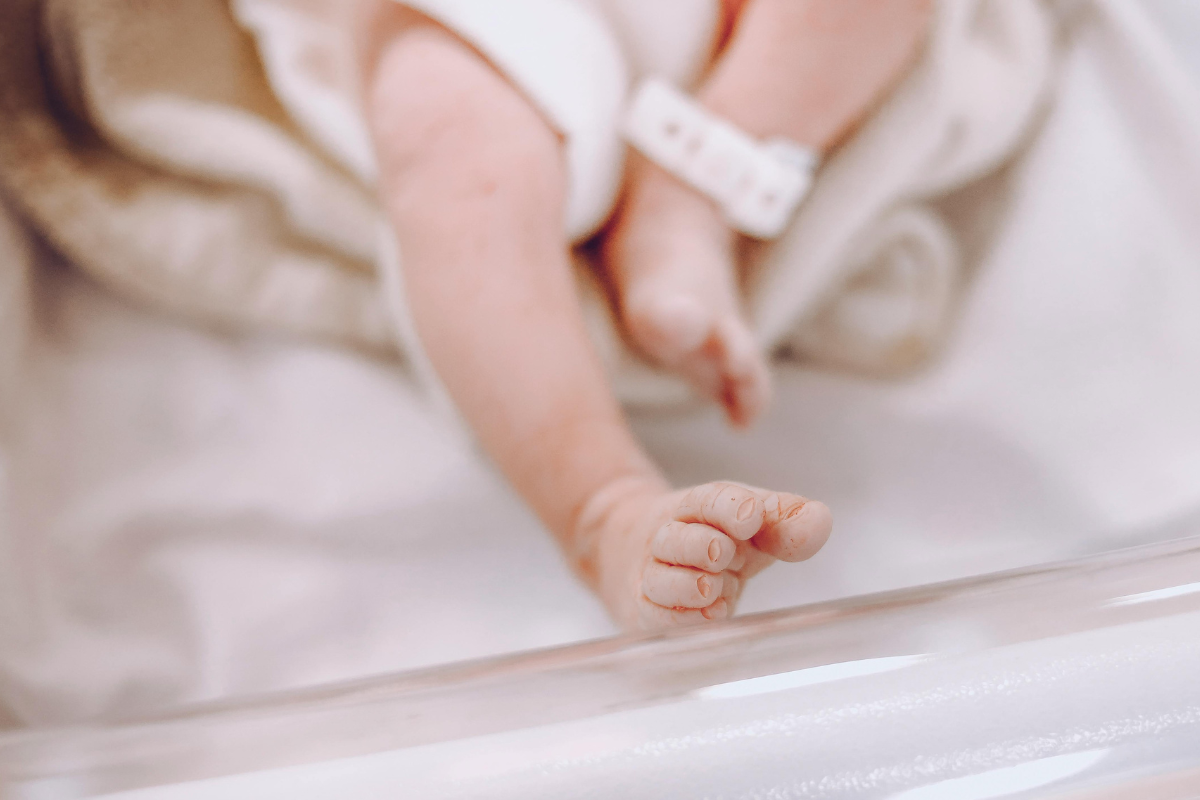
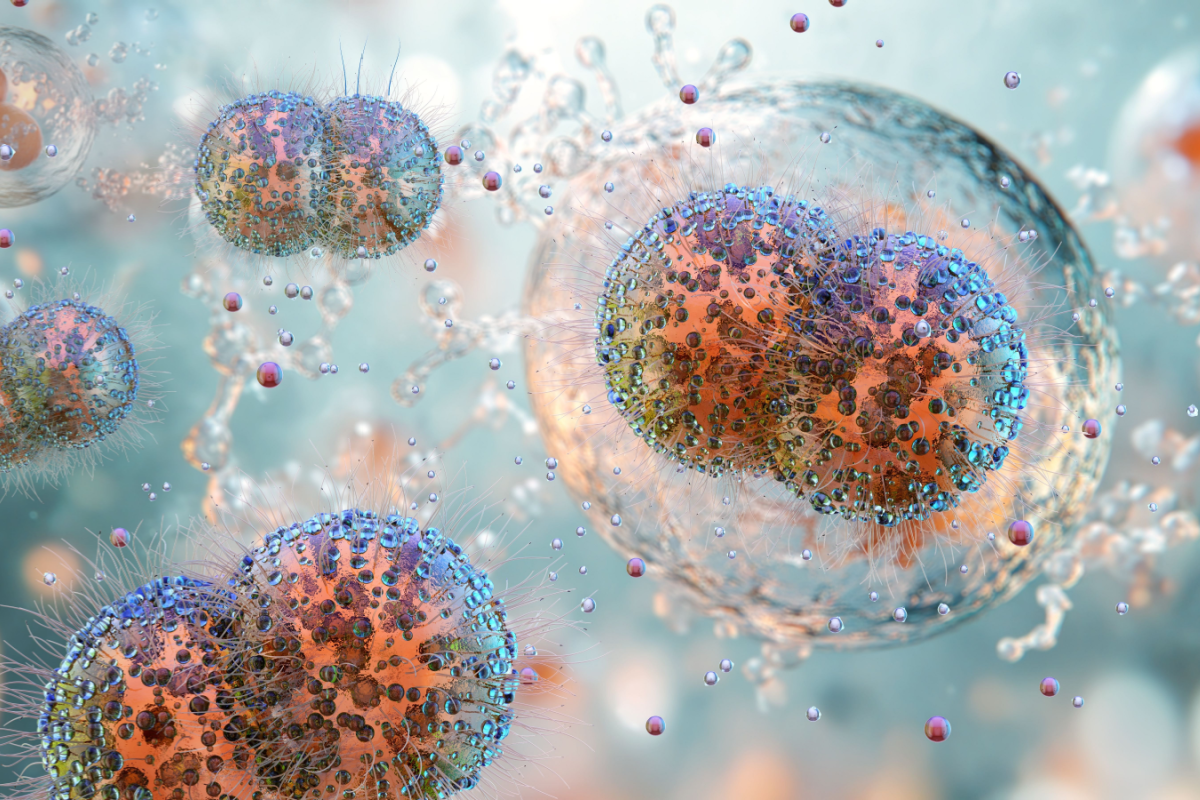
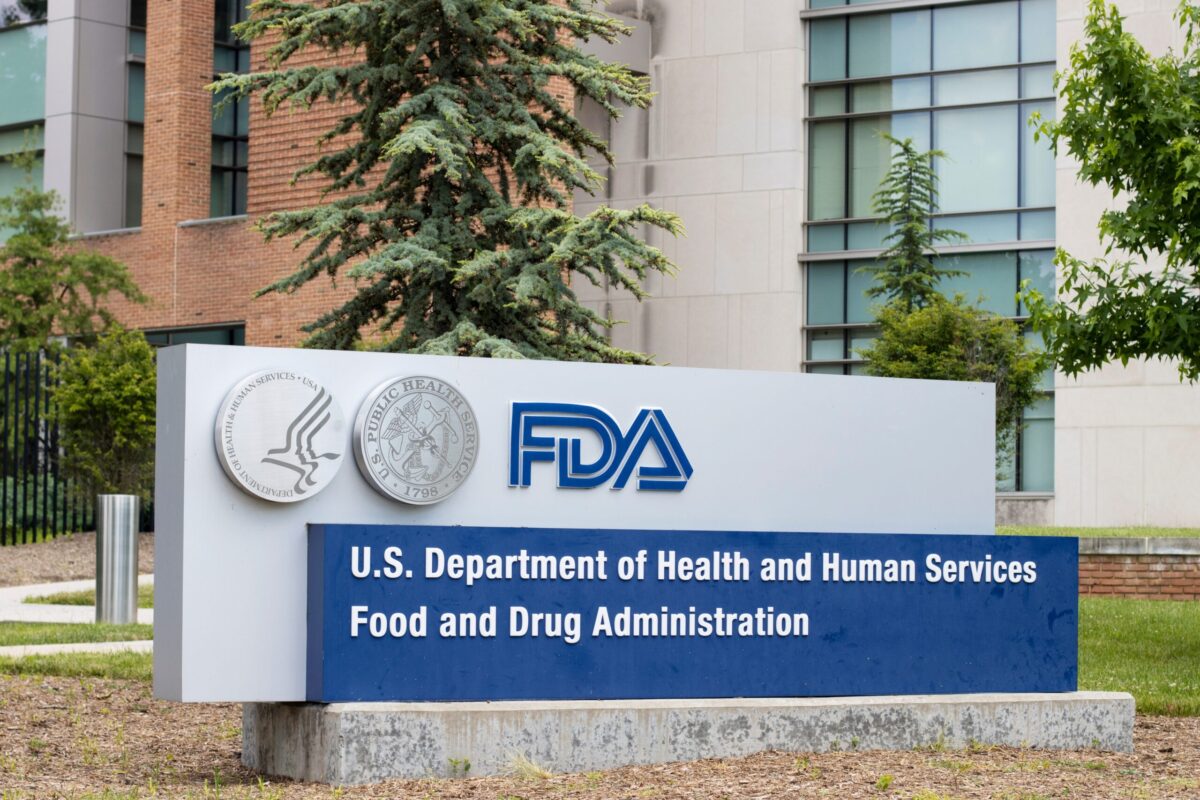





Join or login to leave a comment
JOIN LOGIN